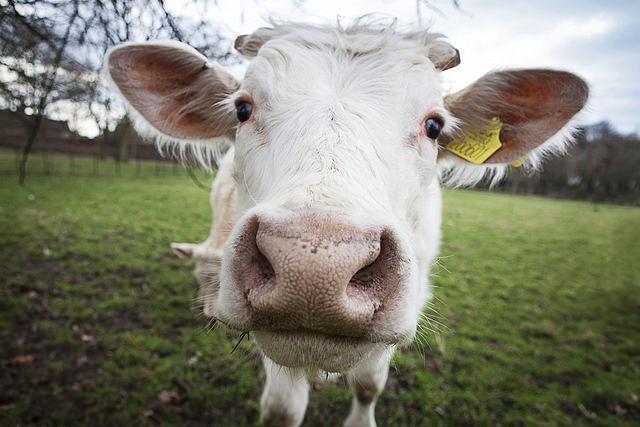
By Aidan Carrie Ganzert
While agriculture-based carbon emissions were being discussed at the Paris COP21 panels, a Chinese biotechnology company, Boyalife, announced the opening of the world’s largest cloning facility to serve China’s ever-growing beef demand. While the announcement clearly indicates China’s aspirations to lead in global biotech ventures, it also raises a whole host of consumer questions on the moral and ethical issues regarding food supply.
Instead of investing millions in a venture-risky cloning facility, why not invest in sustainable and ethics-friendly ventures to encourage greater beef production in China?
Cloning as a practice is fairly new. It wasn’t until the '90s that Dolly the sheep made headlines as the first successful clone. Nevertheless, cloning as a biotechnology venture has developed greatly in the past decade. Now it seems that cloning is ready to take on large-scale agriculture.
While cloned beef is deemed safe for consumption by the FDA, it is largely opposed by humane groups for a variety of ethical issues. As of now, the FDA has limited the amount of cloning productions permitted in the United States, the number being substantially smaller than that being produced by the Chinese facility. Since 2010, the EU has long proposed a ban on cloned farm animal meat. While the official legislation has stalled, the combined higher costs of production and general consumer disapproval has left cloned meat unmarketable in the Europe. However, it is apparent China has found a way to market it to its beef-hungry consumers.
The proposed facility will be located in Tianjin, approximately 100 miles outside of Beijing. The facility cost, including the gene bank and labs, is 200 million Yuan ($31.3 million). Initially, the company plans to produce 100,000 cattle to meet market demand. However, the company plans to eventually scale down the venture over time to as little as a 5% beef production rate. The remaining production, the company claims, will be met by producing cloned endangered species. The company also announced plans to reproduce racehorses and search-and-rescue dogs at the facility.
The CEO of the biotechnology company stated to the Guardian, “We are building something that has not existed in the past.”
Indeed, the company faces great challenges in treading a path never walked before. There are many questions that still remain regarding the environmental footprint of the facility, the long-term health concerns of cloned meat and cloned meat by-products, the labeling of cloned meat – and of course a whole host of moral and ethical issues regarding food supply. While China does not plan to set limits on the venture, the ultimate success of the operation weighs with consumers. The consumer response to cloned meat will undoubtedly determine the company’s success, and perhaps ultimately the future of similar biotechnology ventures.
Image credit: Flickr/Chris Marchant
Aidan Carrie Ganzert is a former international climate change researcher, currently developing innovative solutions for environmental issues in the intersections of economy and society. She will graduate with a MA in Sustainability in 2016.
TriplePundit has published articles from over 1000 contributors. If you'd like to be a guest author, please get in touch!














